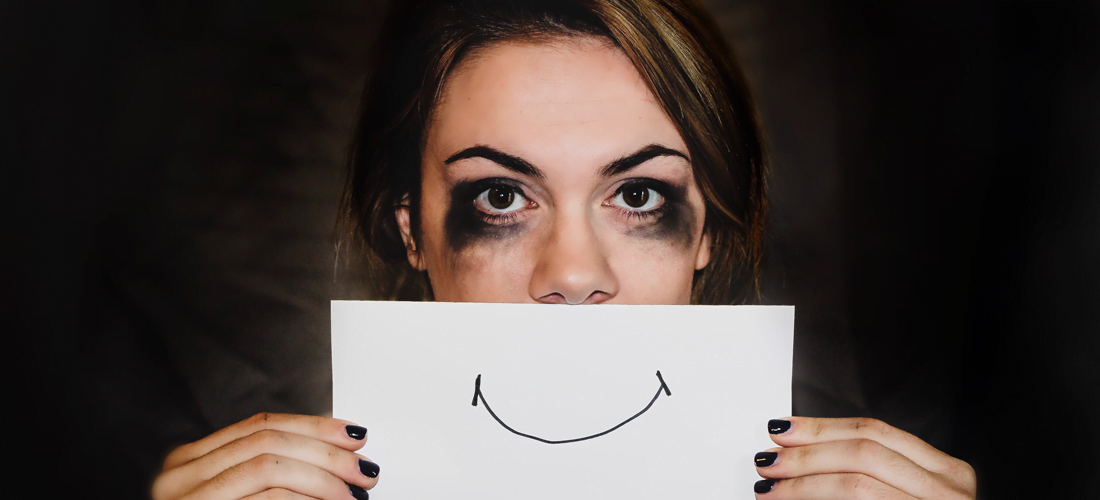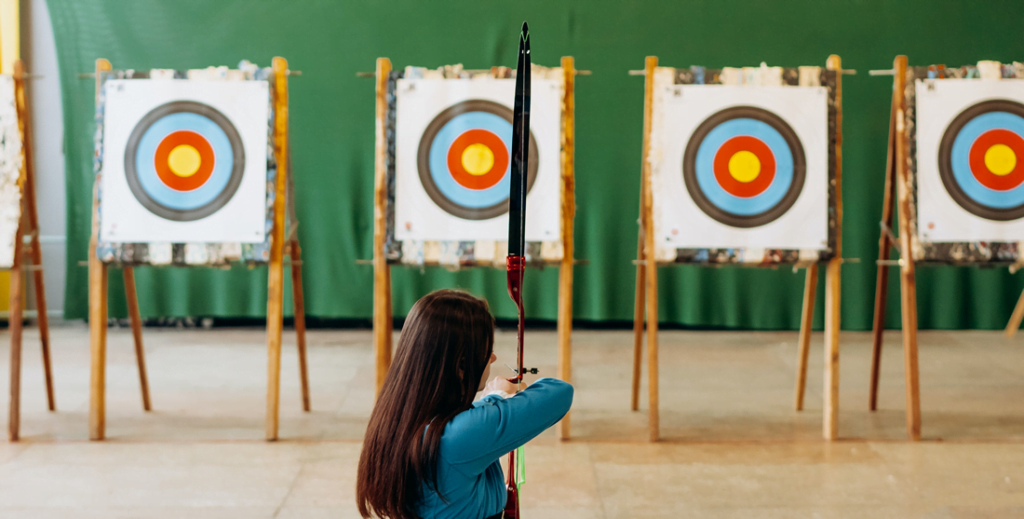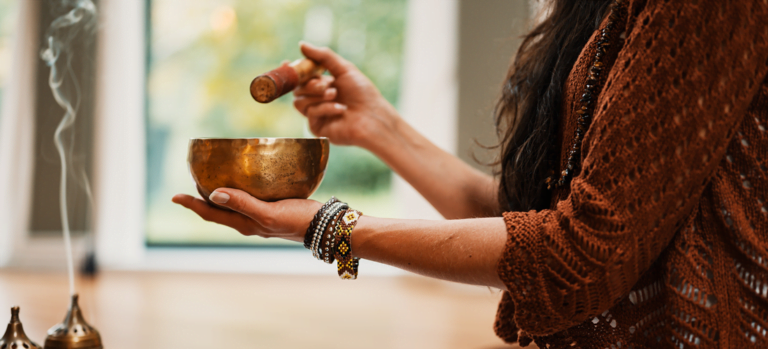Coping with social anxiety is incredibly important for maintaining your overall well-being and peace of mind. Remember, it’s completely okay to feel anxious in social situations, but you don’t have to let this anxiety control your life. Effective coping strategies can help to reduce your anxiety levels, making social interactions less daunting and more enjoyable.
These strategies equip you with the necessary tools to navigate through social settings, allowing you to participate more fully in life. So, don’t shy away from seeking help or exploring various coping mechanisms. It might take some trial and error to find what works best for you, but the journey is worthwhile.
Social anxiety, often referred to as social phobia, is a common mental health condition characterized by an intense fear of being judged, negatively evaluated, or rejected in a social or performance situation. Although everyone feels nervous in certain social environments, those with social anxiety often find everyday interactions extremely stressful, leading to avoidance behavior that can significantly impact their daily life.
As for its prevalence, it is estimated that approximately 7% of the US population are affected by social anxiety disorder at any given time. This anxiety can have a profound impact on various aspects of an individual’s life, including relationships, work, or school performance, and overall quality of life.
Strategies for Coping with Social Anxiety
Self-awareness
Cultivating self-awareness is a vital strategy when coping with social anxiety. It’s like turning on a light in a dark room – suddenly, you can see what you’re dealing with. By being conscious of your own thoughts, fears, and reactions, you can begin to better understand your triggers and patterns. Recognize that your anxiety is a response, not a personality trait. You’re not an “anxious person”, you’re a person who is experiencing anxiety.
This distinction, a product of self-awareness, is important. You might find journaling your thoughts, or discussing them with a trusted friend or therapist, useful in this self-awareness journey. Remember, it’s okay to feel anxious. The goal is not to eliminate anxiety but to manage it better. And self-awareness is the first step towards that.
Set Realistic Goals
Setting realistic goals is a pivotal strategy when it comes to coping with social anxiety. You might feel overwhelmed at large social gatherings, or even during everyday encounters, but remember that it’s okay to start small. Instead of pressuring yourself to be the life of the party, set a goal that’s achievable and within your comfort zone.
This could be as simple as initiating a conversation with one person, or staying at the event for a certain amount of time. By setting and achieving these smaller, manageable goals, you’ll gradually build confidence and start to feel more comfortable in social scenarios. Remember, progress is a journey, not a race. It’s all about taking one step at a time towards overcoming social anxiety.
Deep Breathing
Deep breathing, often overlooked, is a simple yet effective strategy for coping with social anxiety. When you’re in a social setting that makes you anxious, your heart rate might speed up, and your breathing can become shallow or rapid. This is where deep breathing comes in. By consciously slowing your breath and taking deep, measured inhales and exhales, you can trigger your body’s natural relaxation response.
The beauty of this method is that you can use it anywhere, whether you’re at a party, in a meeting, or in any situation where social anxiety strikes. It’s a quiet, discreet way to regain control of your emotions and to remind yourself that you’re okay. Remember, mastery takes practice, so consider incorporating deep breathing exercises into your daily routine to make it a readily accessible tool when anxiety arises.
Progressive Muscle Relaxation
Progressive Muscle Relaxation (PMR) can be a very effective strategy in your toolkit for coping with social anxiety. This technique involves systematically tensing and then releasing different muscle groups in your body. Starting from your toes and working up to your head, or vice versa, you’ll focus on each individual muscle group, tensing it for about five seconds and then releasing.
The beauty of PMR is it offers a dual benefit. On one hand, it can help reduce physical symptoms of anxiety like muscle tension. On the other hand, it also encourages a deeper awareness of your body and helps you detect and respond to the physical cues of anxiety. With regular practice, you might find yourself more at ease in social situations, better able to manage your anxiety symptoms, and, most importantly, more confident in your ability to cope.
Mindfulness and Meditation
Mindfulness and meditation can be powerful tools for coping with social anxiety. When you’re feeling overwhelmed in a social situation, mindfulness allows you to stay present and engaged, instead of getting lost in worrying thoughts about how you’re perceived. It’s about observing your feelings without judgment, just letting them be.
Meditation, on the other hand, can help train your mind to better manage stress and anxiety. Regular meditation practice can alter your brain’s neural pathways, making you more resilient to stress. A simple starting point could be setting aside a few minutes each day to focus on your breath. This practice can help you develop a calmer, clearer mind, making social situations less daunting.
Cognitive-Behavioral Therapy (CBT)
CBT is a highly effective strategy for coping with social anxiety. It’s an approach that helps you identify and challenge the negative thought patterns that fuel your anxiety. Imagine you’re at a party, feeling anxious because you believe everyone is judging you. CBT comes into play by helping you question this belief. Is everyone really focused on judging you? Or could it be that they’re more concerned with their own conversations and actions?
This therapy encourages you to confront and reassess such beliefs, providing you with a fresh, healthier perspective. Over time, practicing CBT can significantly reduce your social anxiety, making social situations more manageable and less distressing.
Gradual Exposure
Gradual exposure is a highly effective strategy for coping with social anxiety. Imagine your fear as a ladder, with each rung representing a situation that triggers your social anxiety. The bottom rung signifies the least anxiety-provoking scenario, leading up to the top rung, which represents your biggest fear. The key is to slowly and steadily climb this ladder. Start by placing yourself in situations that cause minimal anxiety.
As you become more comfortable, move to the next rung. This way, you gradually expose yourself to more challenging environments, building confidence and resilience with each step. Remember, progress may be slow, but with patience and persistence, you’re capable of conquering your fears.
Challenge Negative Self-Talk
Challenging negative self-talk is a powerful strategy in coping with social anxiety. Often, your mind may be filled with negative thoughts, predicting the worst possible outcomes even before you’ve entered a social situation. “Everyone will laugh at me,” or “I’ll make a fool of myself,” might be common thoughts. It’s crucial to recognize this internal monologue and challenge it.
Ask yourself, “Are these thoughts fact-based or just my fears speaking?” Replacing the negative self-talk with more rational and positive thoughts can significantly reduce the anxiety you feel. It’s not about blindly telling yourself everything will be perfect, rather it’s about acknowledging the reality that everyone makes mistakes and it’s perfectly okay.
Practice Self-Compassion
Be kind and patient with yourself. Understand that it’s okay to feel anxious sometimes, and it doesn’t define your worth. Practicing self-compassion can be a powerful strategy in coping with social anxiety. It’s crucial to remember that it’s okay to experience anxiety; after all, everyone has their own fears and insecurities. Instead of being hard on yourself when you feel anxious, try to treat yourself with kindness and understanding.
Imagine how you’d comfort a friend in the same situation and extend that same compassion to yourself. Remember, every small step you take in facing social situations is an accomplishment. Embrace the journey at your own pace, acknowledging that progress, not perfection, is the goal.
Social Skills Training
Social Skills Training (SST) is a highly effective strategy when it comes to coping with social anxiety. It’s like a road map guiding you through social interactions, which can often feel like navigating a minefield when you’re dealing with social anxiety. The goal of SST is to improve your ability to interact with others. It involves learning and practicing new behaviors, from simple eye contact and small talk, to more complex skills like understanding non-verbal cues or expressing disagreement in a respectful manner.
Just like learning to ride a bike, it might be a bit wobbly and awkward at first, but with consistent practice, it becomes more natural and intuitive. SST not only helps you feel more confident in social situations but also fosters better connections and relationships with those around you.
Maintain a Healthy Lifestyle
Maintaining a healthy lifestyle can play a pivotal role in coping with social anxiety. Regular exercise, for instance, is not just beneficial for your physical health, but it’s also a powerful stress reducer. It increases your levels of endorphins, the body’s natural mood lifters, and can also improve your sleep, which is often disrupted by anxiety.
A balanced diet can help keep your energy levels steady and your mind focused. Steering clear of alcohol, caffeine, and nicotine, which can enhance anxiety symptoms, is also recommended. However, remember that everyone is unique. What works for one person might not work for another. The key is to find what works best for you and incorporate it into your routine.
Join Support Groups
Joining a support group can be a significant step in your journey of coping with social anxiety. It’s a safe space where you’ll meet others who understand your struggle, because they’re going through it too. Imagine having a place where you feel accepted, a place where you can share your fears without judgment.
These groups provide the opportunity for you to learn from others’ experiences, gain practical advice, and get reassurance that you’re not alone in this struggle. Beyond that, participating in such groups can help you develop your social skills in a safe, controlled environment. Remember, everyone is there for the same reason – to grow, to learn, and to support each other.
Seek Professional Help
Don’t hesitate to consult a mental health professional. Therapists can provide guidance and support tailored to your specific needs. Medication may also be an option for severe cases of social anxiety. Seeking professional help is a significant and often necessary step towards coping with social anxiety. This shouldn’t be seen as a sign of weakness, but rather as an empowering decision to take control of your life and mental health. Therapists and psychologists, trained in mental health issues, can provide you with a safe and non-judgmental space to express your feelings and fears.
Coping with social anxiety is a process, and it may take time and effort to see significant improvement. Combining several of these strategies, along with professional guidance when needed, can lead to greater success in managing social anxiety and enjoying a more fulfilling social life.
What causes social anxiety?
Social anxiety, often misunderstood, is more than just shyness or occasional nervousness. It’s a chronic fear of social situations that can significantly impact your quality of life. But what exactly causes this pervasive fear? Research suggests a blend of genetic, environmental, and psychological factors. You may have a higher risk for social anxiety if it runs in your family or if you’ve experienced bullying, teasing, or social rejection.
Triggers for social anxiety can vary greatly, but common ones include public speaking, meeting new people, being the center of attention, or even making small talk. As for symptoms, individuals with social anxiety might experience rapid heartbeat, trembling, blushing, dry mouth, and nausea when confronted with their triggers.
It’s essential to differentiate between shyness and social anxiety. While shyness is a personality trait that doesn’t necessarily disrupt daily life, social anxiety is a debilitating condition that can hinder everyday activities and relationships. If you find social situations not just uncomfortable, but overwhelming and fear-inducing, it might be more than just shyness, and seeking help could be the vital first step to coping with social anxiety.
Closing Thoughts
Coping with social anxiety is a journey that’s unique to every individual. Remember, it’s okay to take baby steps and celebrate the small victories. Whether it’s practicing mindfulness, seeking professional help, or simply opening up to someone about your struggles, every step you take is a step closer towards reclaiming your life from social anxiety. You’re not alone in this fight, and with time and persistence, you can navigate through social situations with ease and confidence. Don’t rush yourself, and remember that it’s perfectly fine to ask for help when you need it.










